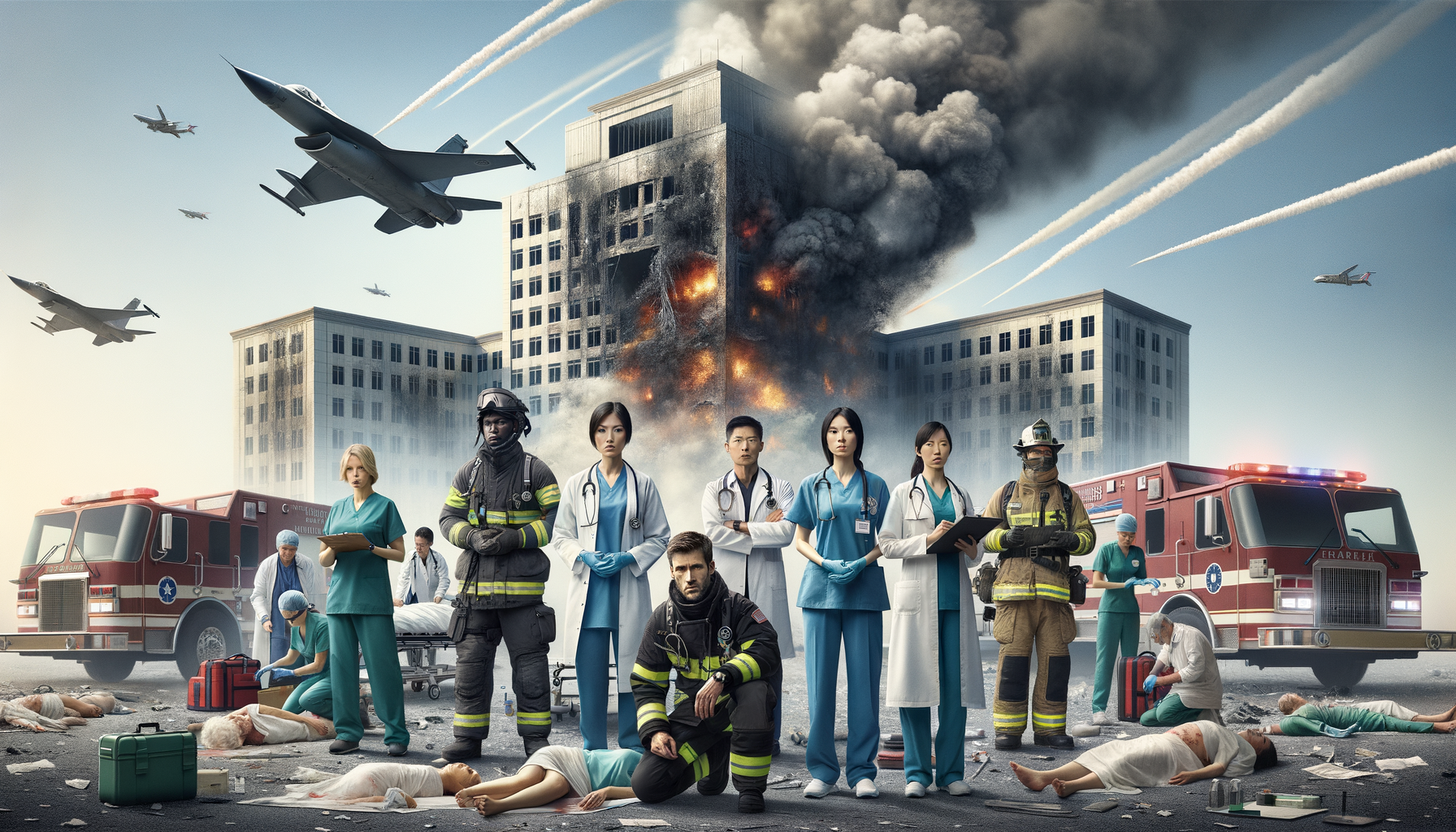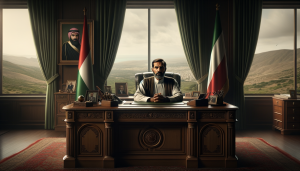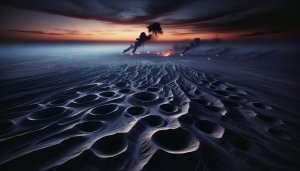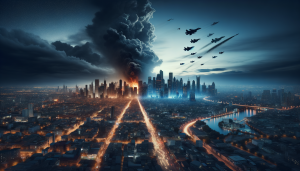Israel threatens Iran’s top leader after missiles damage hospital and wound more than 200

Tensions Escalate Between Israel and Iran
Last Thursday, Israel was struck by a missile attack from Iran which significantly damaged the primary hospital in Beersheba and impacted several buildings near Tel Aviv. In response, Israeli forces targeted a key component of Iran’s nuclear infrastructure – a heavy water reactor in Arak, involved in nuclear development.
Significant Injuries and Retaliatory Measures
The Iranian missile attack led to at least 240 injuries, as reported by Israel’s Health Ministry, with the Soroka Medical Center in Beersheba being notably affected. Emergency services had to evacuate patients after the hospital was hit, causing substantial damage primarily to an old surgery building. Conversely, Israel’s strategic operations included a precision strike on the Arak heavy water reactor, seen as critical in preventing Iran from acquiring plutonium-based nuclear capabilities.
Israel’s Stance on Iran’s Nuclear Ambitions
Israeli Defense Minister Israel Katz openly attributed the attack to the directions of Iran’s Supreme Leader Ayatollah Ali Khamenei, making a stark statement suggesting that Khamenei should no longer remain in power. This follows a clarification from U.S. President Donald Trump, stating that there was no immediate plan to target Khamenei despite previous considerations by Israel that were vetoed by the U.S. administration.
Extensive Damage and Casualties Reported
A local Iranian human rights organization based in Washington highlighted the grave toll of the conflict, citing the deaths of over 600 people, including civilians, and injuries to more than 1,300 in Iran due to ongoing Israeli airstrikes. The strikes have targeted Iran’s nuclear facilities, military bases, and personnel involved with these sites.
Critical Reactions and International Concerns
|
Both Israeli Prime Minister Benjamin Netanyahu and the Israeli military have expressed their steadfast determination to cripple Iran’s nuclear capability, with Netanyahu vowing to make Iran’s leaders pay a full price for their aggression. Meanwhile, Iran’s reprisals have included firing hundreds of missiles and deploying drones against Israel, although many were intercepted by Israel’s air defenses.
Diplomatic Moves Amidst Growing Conflict
In the midst of this brewing storm, Iran’s Foreign Minister announced plans to attend a meeting in Geneva with counterparts from Europe, signaling a potential diplomatic push. This meeting is critical, as President Trump has emphasized his desire for a resolution that extends beyond a mere ceasefire, leaving room for an escalated U.S. involvement in the conflict.
The Role of International Bodies
The International Atomic Energy Agency (IAEA) has voiced concerns regarding Israeli strikes on Iranian nuclear sites, particularly as restrictions have limited inspectors’ access, challenging the verification of Tehran’s nuclear activities. Despite these challenges, Israel continues to enforce measures to protect its national security and interests in the region.
The conflict, marked by aggressive military exchanges and stark diplomatic stances, underscores a critical period in Middle Eastern geopolitics, with potential implications for global nuclear policy and regional stability.








No Comments